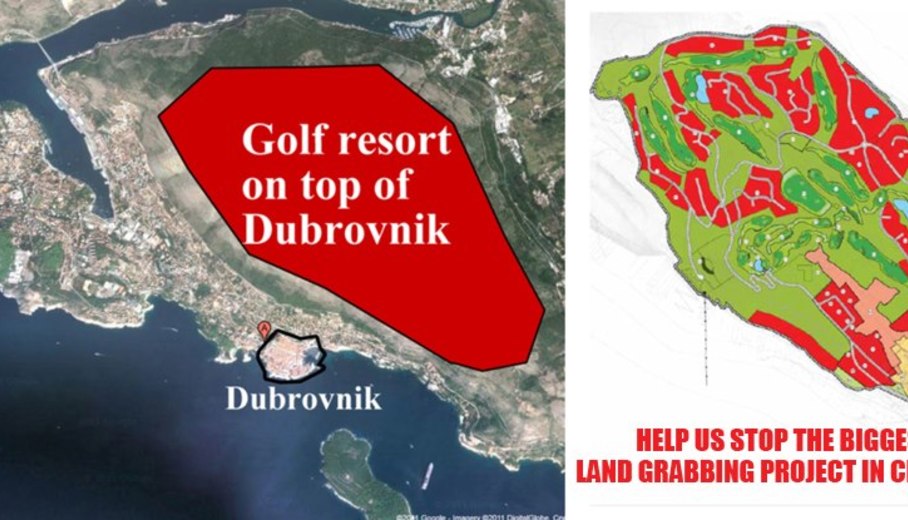Public goods and commons
The activities of Zelena akcija in the field of public and common goods are primarily aimed at preventing the privatisation, commodification and financing of natural, common and public goods and public services, as well as developing models for democratisation of their management. Within this topic, we are also working to stop harmful trade and investment agreements in Croatia.
The term public good has two meanings. Strictly defined by law, public goods are goods (things) owned by the state that are used for public purposes. Their use for public purposes can be intended for everyone, for example motorways, and then we call them public goods in general use. Also, the use of public goods for public purposes may be in the function of exercising the rights and duties of the state and its organizational forms, such as Parliament buildings, and are called public goods in public use (used by public authorities).
However, there is also a colloquial use of the term public good (perhaps more often - public interest). In everyday conversation, the public good usually refers to a decision-making criterion that takes into account the interests of the community as a whole, and not individual interests.
With these basic notions, it is useful to clarify the notion of the common good, and its content, but also the notion itself is most often misused. Common goods are those parts of nature which, by their traits, cannot be controlled by any legal or natural person individually, but are of use to all (for example: air, water in rivers and lakes, sea, sea coast). Thus, common goods are not subject to property rights. In colloquial language, the terms general and public good are most often used as synonyms, although the difference between them is essential.
Common goods are tangible and intangible goods managed by user communities without the direct influence of the state and the market, with an emphasis on the way goods are managed (and not on members' shares).
For the management of natural resources, but also the organisation of services that are crucial for the maintenance of life and its quality, FoE Croatia encourages the use of management models appropriate to the management of common goods. In doing so, as a measure of good governance, we emphasise environmental, social and societal criteria (not profit).
Some of the most significant results of the work on this topic:
- repeal of the corrupt Law on Golf Courses (2011);
- collecting a sufficient number of signatures (530,000) to call a national referendum against leasing the highways and preventing the leasing after the then Government withdrew from the concession (2014);
- collecting a sufficient number of signatures for the implementation of the first local referendum at the request of voters in Croatia within the campaign Srđ is ours.
Campaigns:
- Campaign against the Golf Courses Act (2008-2011)
- The “Srđ is ours” campaign (2010 - today)
- Campaign against the Law on Strategic Investment Projects (2013-present)
- National Referendum Initiative "We won’t give up our highways" (2013-2014)
- "Stop TTIP and CETA" (2014 - 2017)
